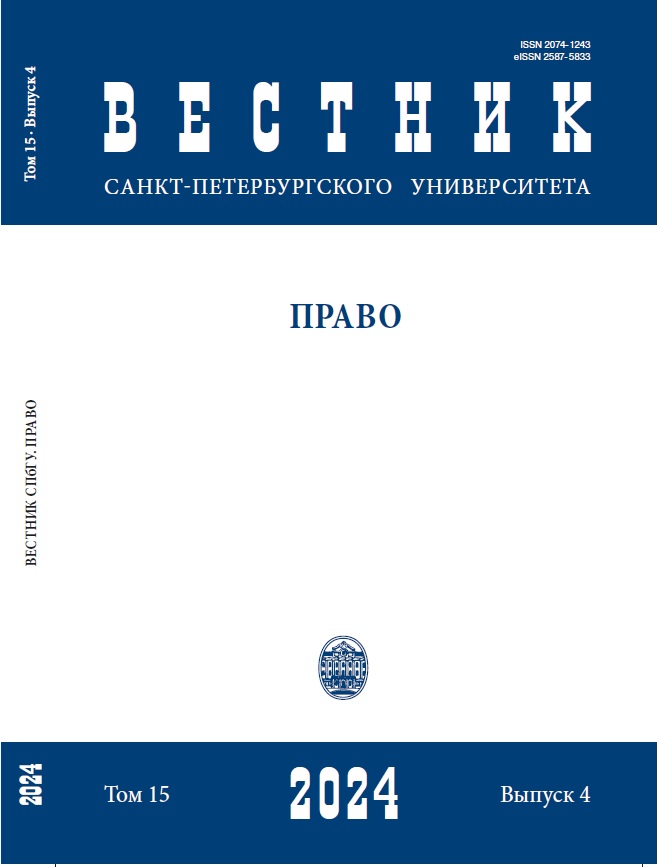Confiscation and other procedures for deprivation of illegally acquired (criminal) proceeds under the laws of Russia and foreign jurisdictions
DOI:
https://doi.org/10.21638/spbu14.2024.414Аннотация
The article focuses on the problems of effective combating profit-driven crimes and the implementation of the “crime does not pay” principle in the Russian legislation. The author analyzes the existing civil and criminal mechanisms for the return of assets in Russia, as well as the issues of a special unexplained wealth procedure. The paper reveals the deficiencies of each instrument that result in practical challenges, faced by law enforcement agencies, the judiciary and victims, while restoring the situation that existed prior to commission of a crime. In the search for possible solutions to the problems, legal acts of the European Union, international conventions and the legislation of the certain jurisdictions (Germany and the United States) were reviewed in order to explore the alternative procedures for reducing the “profitability” of economically-motivated crimes and compensating victims. In particular, the article considers non-conviction-based confiscation models, their expansion and application conditions, maintaining balance between confiscation of assets and the interests of victims, as well as certain aspects of post-conviction assets tracing and confiscation. In conclusion, the author introduces the concept of modernizing the confiscation system in the Russian Federation, differentiating between evidentiary standards used to determine a person’s guilt and to confiscate illegally acquired assets, with reference to foreign experience in using confiscated property to compensate for damage caused by a crime; proposes supplements to the criminal procedure law providing for the application of extended and independent confiscation; identifies possible outlines of the institution to sever “criminal case against assets” from “criminal case against a person” when the latter is referred to the court (in respect of the highly profitable crimes).
Ключевые слова:
confiscation, forfeiture, restitution, asset recovery, corruption, drug trafficking, victim, organized crime
Скачивания
Библиографические ссылки
Загрузки
Опубликован
Как цитировать
Выпуск
Раздел
Лицензия
Статьи журнала «Вестник Санкт-Петербургского университета. Право» находятся в открытом доступе и распространяются в соответствии с условиями Лицензионного Договора с Санкт-Петербургским государственным университетом, который бесплатно предоставляет авторам неограниченное распространение и самостоятельное архивирование.






